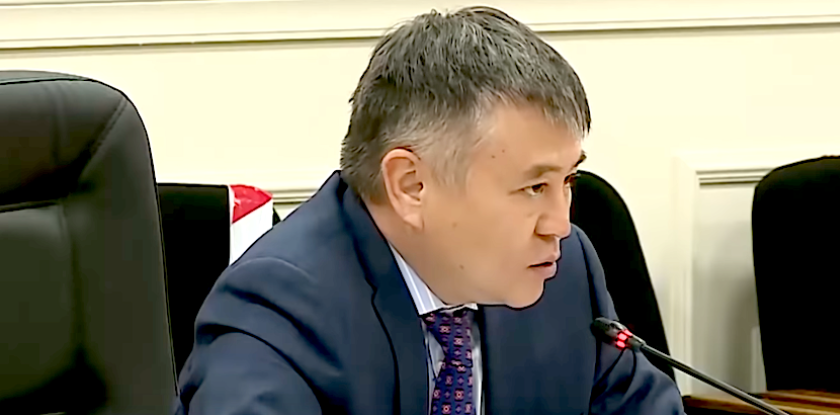We are regularly commenting on the subject of Kazakhstan’s agricultural industry. As a rule, we criticise both — the authorities’ former agricultural policies and their skipping from side to side and the changes that lie ahead.
For instance, one may find such criticism in our latest publications «On The Land Reform Commission» and «On Akorda’s Agricultural Policy».
At the same time, we do realise that this kind of critical comments are not going to have much impact on the Kazakh authorities’ policies and practices. Due to the simple reason that Akorda has always been, is and, by the looks of it, is going to be at the mercy of the ruling clans for years to come. We are talking about the clans that, today, are unequivocally dominating the ruling elite and, therefore, do whatever they want to advance their interests while acting with no regard to either their fellow citizens that usually have a dread of defending their civil rights or to the other elite groups.
For this reason, we believe that Akorda’s current agricultural policy (that, if we take away the pretty words about the growth of investments, the technological rearming and the growth of labour productivity, boils down to preserving the existing status quo regarding land ownership) is going to be pursued for years to come.
It is going to be pursued until the sector is either completely defeated by external competitors (for instance, the Russians) or the part of the Kazakh ruling elite with no land access rebels against the existing state of affairs in order to materialise its business plans.
In view of this, we find it interesting to follow the conflict between the newly born Kazakh «landlords» and those who understand where Akorda’s current policy is leading (particularly, prohibiting the sale and lease of agricultural lands to foreign citizens, persons with no citizenship and Kazakh immigrants).
The fact that the conflict has already started clearly follows from the Facebook posts of Mukhtar Tayzhan, a member of the Land Reform Commission. While sincerely defending the state’s right to own the land and the prohibition to sell it (lease) to those who do not hold the Kazakh citizenship, he does not realise (or does not want to realise) the potential consequences of this step.
Meanwhile, the official statements of the Ministry of Agriculture of the Republic of Kazakhstan show that the «game» is already over. Let us quote the press-release titled «The Land Commission Reviews about 100 Issues» (text in bold by KZ.expert).
«Following the results of the open voting, the Land Reform Commission recommends to the Government -
— to make the necessary amendments to the land legislature in terms of preserving the right of the Kazakh citizens for the long term use of agricultural lands up to 49 years with the pre-emption right in lease agreements. This decision is to be crucial for the country’s sustainable agricultural development».
In our opinion, prolonging the period of the long term lease up to 49 years does seem crucial albeit not for the country’s sustainable agricultural development but for keeping large land parcels in the hands of the current «landlords».
The hope of most members of the Commission that «the necessary amendments to the law on retaining the status quo regarding the norms of the Kazakh law on the lease right alienation will allow «to launch the mechanism of including farmlands into the economic turnover creating a market of land use rights» are naïve and unrealistic. For, in Kazakhstan, those in the right are not those who are right but those close to supreme power and those with possibilities to abuse it.
In view of this, let us repeat our assessment of Akorda and the Library’s agricultural policy that we have presented in the article titled «On the Land Reform Commission» —
«Since this kind of grand gesture will cost nothing to the Kazakh authoritarian political system and the «super-presidential» vertical and, at the same time, corresponds to the interests of the majority of the ruling elite and officials, let us congratulate Kossym-Jomart Tokayev and his team on the smart political decision.
As for the fact that it is going to result in the conservation of Kazakhstan’s agricultural complex and its even greater marginalisation in comparison with foreign competitors, it is not an important issue for those abusing power in the country. To them, the important issue is that they retain control of the land and may continue abusing it to their own advantage».





